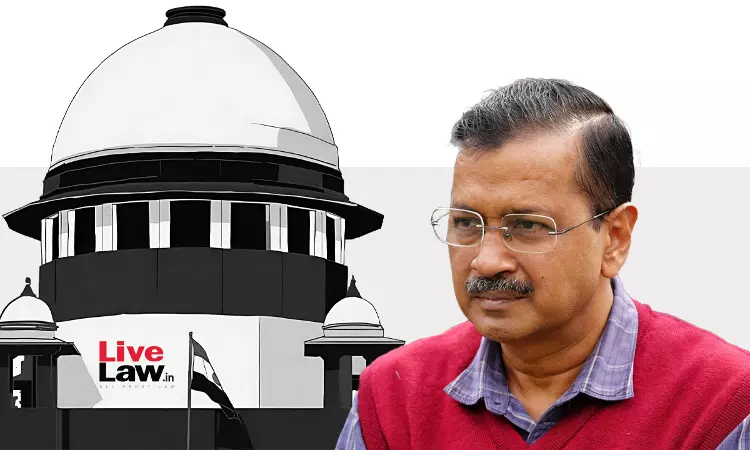Delhi CM Arvind Kejriwal Moves Supreme Court Against ED Arrest In Liquor Policy Case
Debby Jain
10 April 2024 9:18 AM IST

Next Story
10 April 2024 9:18 AM IST
After Delhi High Court's dismissal of his plea yesterday, Delhi Chief Minister Arvind Kejriwal has approached the Supreme Court challenging his arrest by the Enforcement Directorate (ED) in the Delhi Liquor Policy case.The petition is likely to be mentioned before Chief Justice of India at 10.30 AM today for urgent hearing. Kejriwal, arrested on March 21, is presently under judicial...
